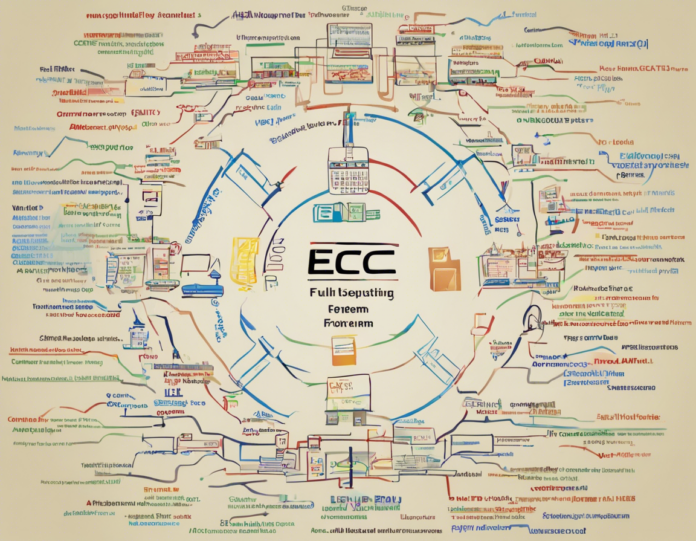Are you curious about the ECE full form and what it really means? In the world of academia, professions, and businesses, acronyms and abbreviations are used extensively, and deciphering them can sometimes be tricky. ECE is another one of those terms that hold significance in various contexts.
What is ECE?
ECE stands for Electronics and Communication Engineering. It is a branch of engineering that deals with the research, design, development, and testing of electronic equipment used in various systems. This field involves studying electronic devices, circuits, communication equipment, and electromagnetic fields.
ECE – In the Academic Realm
In the academic sphere, ECE refers to a specialized degree program offered by colleges and universities worldwide. Students pursuing a degree in Electronics and Communication Engineering learn about analog and digital electronics, communication systems, signal processing, microprocessors, and more.
Career Opportunities in ECE
Graduates in Electronics and Communication Engineering have a wide array of career opportunities in both the public and private sectors. They can work in industries related to telecommunications, power generation, healthcare equipment, robotics, automotive systems, and more. ECE professionals have the knowledge and skills to develop cutting-edge technologies that drive modern society.
Key Responsibilities
- Electronics Engineering: ECE professionals design and develop electronic systems, circuits, and devices for various applications.
- Communication Engineering: They work on designing communication networks, wireless communication systems, and satellite communication systems.
- Signal Processing: ECE experts process and analyze signals to extract useful information.
- VLSI Design: Very Large Scale Integration (VLSI) design is a key area where ECE engineers work on designing complex integrated circuits.
Skills Required
To excel in the field of Electronics and Communication Engineering, individuals need to possess a diverse set of skills, including:
– Analytical Skills
– Problem-Solving Skills
– Communication Skills
– Technical Skills
– Teamwork and Collaboration
– Creativity
ECE vs. EEE
It is important to differentiate between ECE and another popular engineering field, Electrical and Electronics Engineering (EEE). While ECE focuses on electronic devices, communication systems, and signal processing, EEE deals with electrical devices, power generation, control systems, and electronics. Both fields have their unique applications and job opportunities.
Future Trends in ECE
The field of Electronics and Communication Engineering is constantly evolving, driven by technological advancements and innovations. Some of the emerging trends in ECE include:
– 5G Technology
– Internet of Things (IoT)
– Artificial Intelligence (AI)
– Robotics
– Wireless Sensor Networks
FAQs About ECE
1. What is the scope of ECE in today’s job market?
The scope of ECE is vast, with opportunities in industries such as telecommunications, healthcare, automotive, and consumer electronics.
2. Is ECE a challenging field of engineering?
ECE can be challenging due to its technical nature, but it is also rewarding for those passionate about technology and innovation.
3. Can a person from a non-engineering background pursue a career in ECE?
While a background in engineering is typically required, individuals with a strong foundation in mathematics and physics can transition into ECE with additional training.
4. How can one stay updated with the latest trends in ECE?
Engaging in continuing education, attending conferences, and following industry publications are great ways to stay updated in the field of ECE.
5. What are the potential growth opportunities for ECE professionals?
ECE professionals can advance into roles such as project managers, research scientists, technical consultants, and even entrepreneurs in the tech industry.
Delving into the nuances of Electronics and Communication Engineering provides insights into the technological landscape that shapes our world today. The field continues to present exciting challenges and opportunities for those passionate about innovation and pushing the boundaries of what is possible with electronic devices and communication systems.
